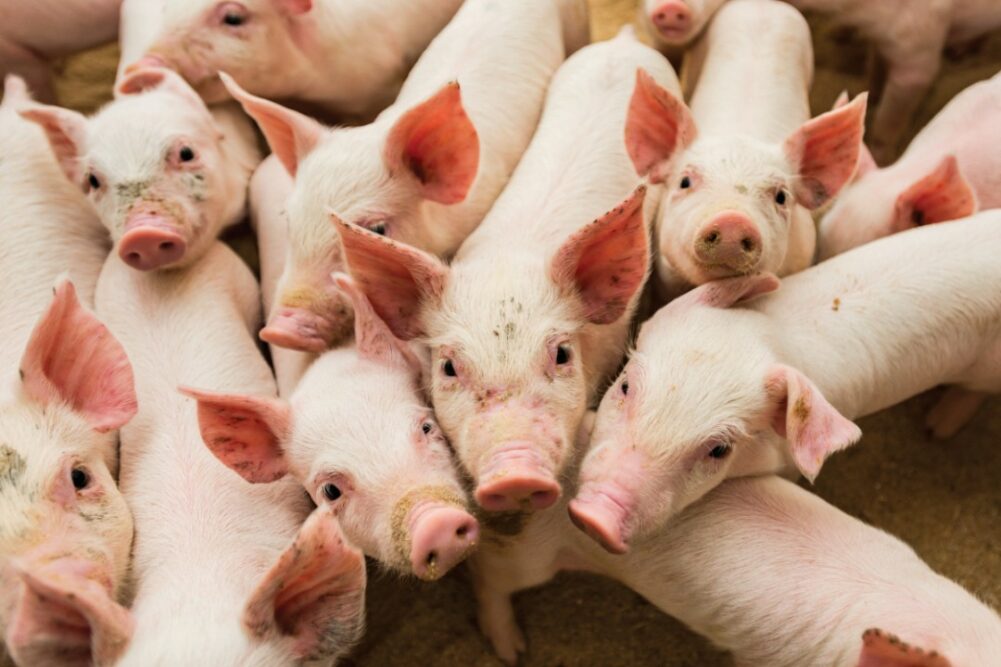UTRECHT, NETHERLANDS — After a low level in the first half of 2022, global pork trade is expected to pick up in the second half, but inflation and African swine fever (ASF) remain a hindrance, said Rabobank in its Global Pork Quarterly Q3 2022 report.
According to Chenjun Pan, senior analyst of Animal Protein at Rabobank, an expected rise in pork import demand from China will help grow global pork trade during the second half of 2022. Still, Rabobank expects China imports will end down 25%-30%. Year-over-year in the first four months of 2022, China’s imports dropped 65%.
Rabobank describes pork consumption as “resilient” in most regions.
“This is because pork is neither the most expensive nor the cheapest protein, so consumption levels change slowly,” Pan explained. “The impact of a slowing economy on pork consumption is more about channels, with weaker performance in foodservice and stronger in retail, as consumers make price-value comparisons.”
North America shows strong pork demand, while the European Union’s demand is increasing. However, many Asian countries expect weaker demand from spreading diseases and economic concerns, Rabobank said.
Despite inflation on the rise, feed and energy costs have softened, giving a small break for pork producers.
First appearing in Germany in September 2020, ASF has spread west, hindering trade in the affected areas.
“Most outbreaks in commercial herds happened in small-scale operations in Germany and Italy, with limited direct impact on production,” Pan said. “ASF-related trade restrictions, however, disrupt European markets, creating an oversupply of certain products and pressuring prices.”
In Asia, ASF has especially impacted pork production and prices in Thailand, Vietnam and the Philippines.
According to a US Department of Agriculture estimate, Thailand’s pork supply could drop by 35% this year. Since September 2021, the country’s prices have increased by 60%.
Vietnam was the first to approve a global commercial ASF vaccine in early June. Since then, trade flow has improved, Rabobank said.
“ASF is still an issue in the Dominican Republic and Haiti but remains contained,” Pan added. “Testing capabilities are being added and the industry is focused on reducing the spread. The North American industry is accelerating education and prevention efforts to limit the risk of introduction into local herds.”


